BRIAN COPENHAVER is Professor of Philosophy and History at the University of California, Los Angeles, and is one of the world's foremost scholars on Renaissance magic and mysticism. This book is in many ways a summa of the interests and writers with which he has been preoccupied throughout his career.
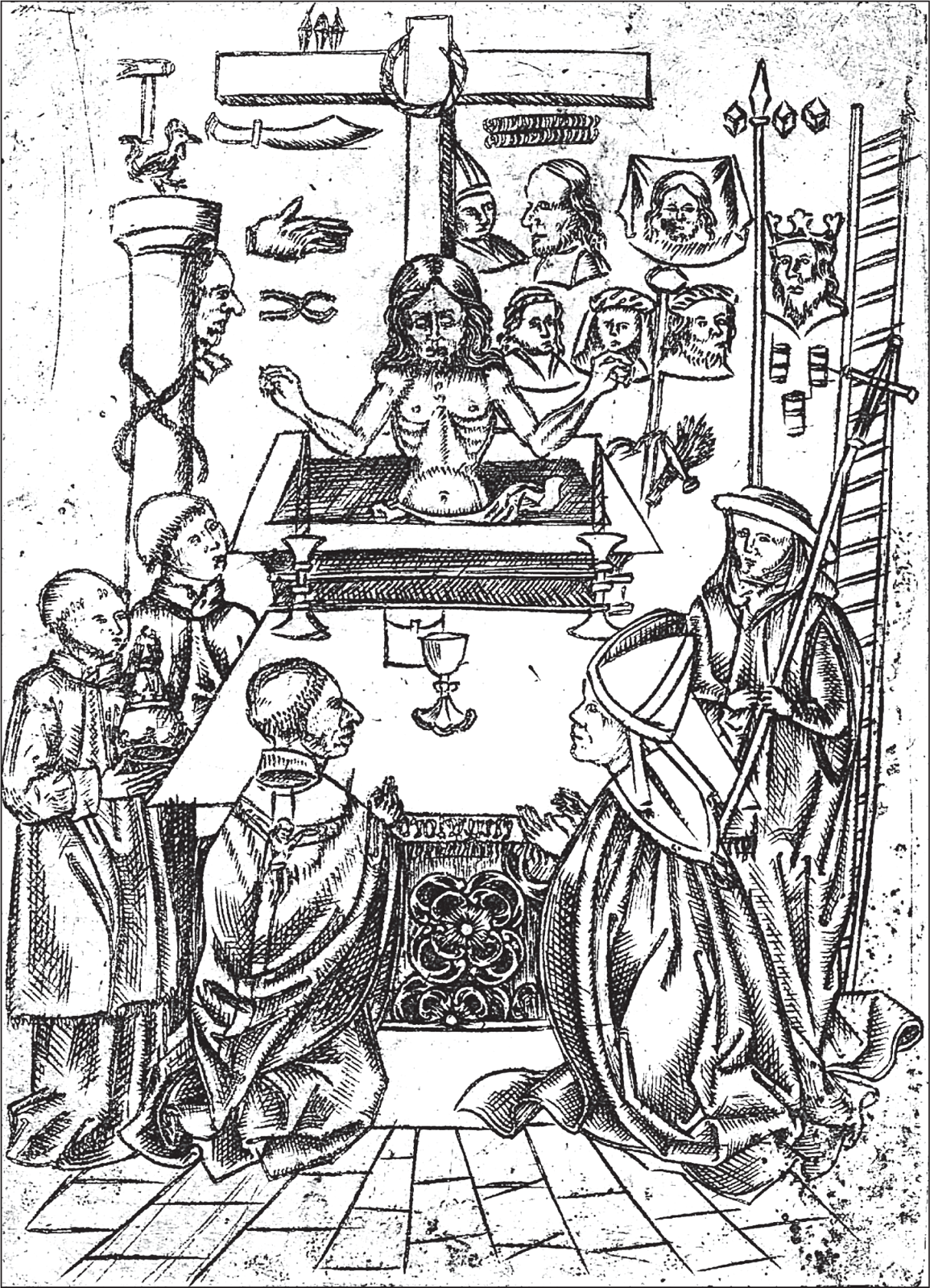
Figure 1: The Eucharist, c. 1475
Introduction
Disenchantment and the Evil Eye
Some enchanted evening,
You may see a stranger,
You may see a stranger
Across a crowded room.
And somehow you know,
You know even then,
That somewhere youll see her
again and again
Who can explain it?
Who can tell you why?
Fools give you reasons;
Wise men never try.
Some enchanted evening: you see a stranger across a crowded room, and the evil eye may be the least of your worries. As you look across, chances are you wont fear bewitchment in the strong sense of that word if someone on the other side looks back at you. Thats because your world is disenchanted, no longer full of magic if Max Weber was right. This antiseptic feature of your world is a modern one, only a few centuries old. This book is about an older world that was full of magic until the magic, or some kinds of magic, went way.
In those bygone days, the author of a scientific encyclopedia wrote that the skin of a hyenas head will ward off the evil eye. From the same Roman author Pliny the Elder Marsilio Ficino learned about people from faraway places (the Balkans) who had two pupils in each eye and whose angry looks could kill. Plinys word for this was fascinatio: spell-casting or perhaps enchantment. Writing in the Renaissance, more than a millennium after Pliny, Ficino cited the Roman sages Natural History. Ficino was a physician, a philosopher and also a priest. What Pliny wrote was authoritative for him.
Is the message metaphorical and ethical? Light and darkness often signify good and evil. Maybe an eye is evil if it cant see through the darkness to the treasures in heaven promised by Jesus just moments before. But why is the eye belonging to an enlightened body single in the King James translation of the Gospels? Why does the Evangelist see single and evil as opposites? Haplous, Greek for single, might mean single-hearted or wholehearted but also simple, pure, healthy or even generous. The eye that is not single is evil ponros, which also has many meanings. The Devil is ponros and so are his demons. Ficino, the first to translate all of Platos dialogues from Greek, knew those words well. He also knew about the Balkan killers with eyes whose pupils were not single but double. Maybe Matthew had something more concrete in mind, more physical than ethical the evil eye as a transmitter of magical power.
The difficulty of the passage, which has stumped students of the Gospels, opens it to interpretation. Who can explain it? When the song asks that question about enchantment in the evening, the answer is that wise men never try. Maybe so. This book will try, however, taking heart from Max Webers sociology of religion which is also a sociology of magic to tell a story about magic through a selection of texts. There are many sociologies, anthropologies, histories and other such studies of magic. I single Webers work out from them for two reasons: first, his writing about magic is brilliant and illuminating; second, it helps describe my very different approach, which is textual, historical and philosophical, not social-scientific.
Nonetheless, the social science of the last two centuries is a matrix for this book, one of whose polestars is an anthropologist, E. E. Evans-Pritchard. After criticizing Webers views on religion as too vague, too general, a bit too easy, he summarizes his own position and says that religion is what religion does. Taking that to be a nominalist restriction on the study of religion, I apply it to magic as well.
Evans-Pritchard did the same in his famous book on Witchcraft, Oracles and Magic Among the Azande, aiming to describe what Azande understand by mangu, soroka and ngua. For those Zande words and several others, he supplies the English words that I use witchcraft for mangu, oracles for soroka, magic for ngua adding that if anyone prefers terms other than those I have used, I should raise no objection. Ngua is what the local expert on ngua says it is whatever we choose to call it in a different language, with different preoccupations. If we choose magic, the choice confers no essence on anything. Ngua has no essence, neither does magic, and the same goes for religion.
Two key words in this book the Greek mageia and magia in Latin are ancestors of magic, the English term that Evans-Pritchard chooses for ngua. Most of the texts translated here were written in Greek or Latin fewer in Hebrew, English, Persian or other languages. My story is not about the words mageia, magia and magic, but it is about concepts signified by them in the past at particular times and places. In my opinion, there is no essence to be distilled from all those concepts and labelled magic, such that the label will be informative and accurate for all times and places.
Magic (like religion) as the name of an essence will be uninformative because eliminating contradictions to keep the word accurate will also make it very abstract too abstract for the relevant domains, which are moral, social and cultural. Keeping the word accurate will be hard because the concepts tagged by magic and its cousins, with all the freight that they carry, have emerged in Western and Christian environments in response to Western and Christian problems. Applying the word magic free and clear to something non-Christian and non-Western (like ngua) will be difficult, maybe impossible. Since that conclusion is controversial and cannot be defended here, let me refer to another book by me that engages the issue extensively.
Meanwhile, a quick look at Webers writings will show how he theorizes about magic however vaguely, according to Evans-Pritchard.
Magic is ritual where religion is ethical, according to Weber. Magic coerces, but religion supplicates. Magic goes to particulars, religion generalizes. Magic is emotional, religion rational. Deeply learned, writing with patience and finesse, Weber knows that these facile dichotomies cannot stand. By his lights, Moses, Elijah and Jesus were magicians. If those heroes of the Abrahamic faiths were all magicians, how can magic be distinct from religion on axes like ethics v. ritual, reason v. emotion, and so on? No such distinctions can hold, as Weber concedes again and again. But then on the trail of typical pure magicians and something essentially magical he applies the distinctions again, seduced by always and all, words meant to distinguish



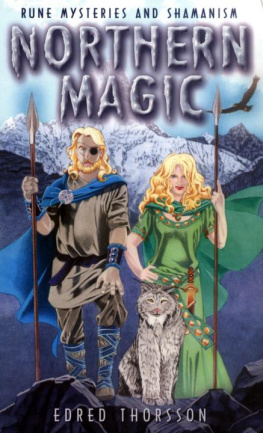
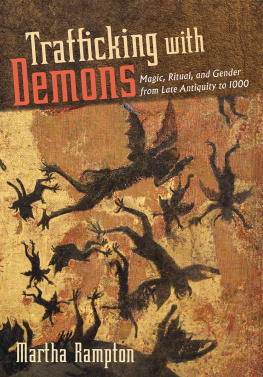
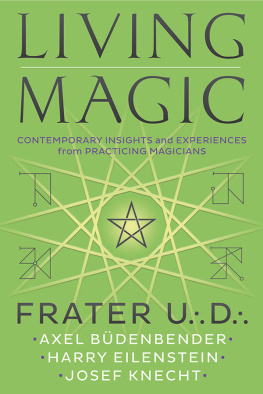
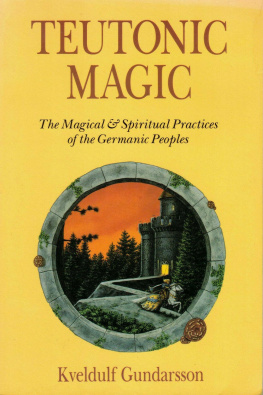

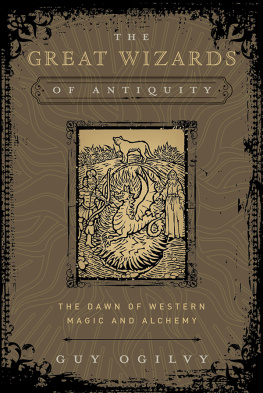

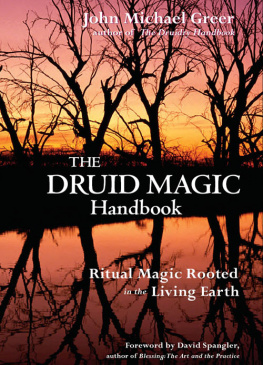
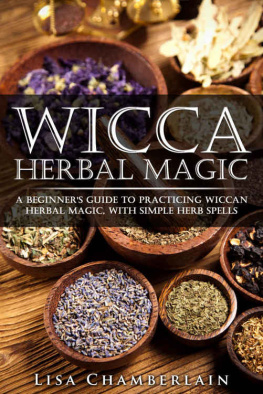
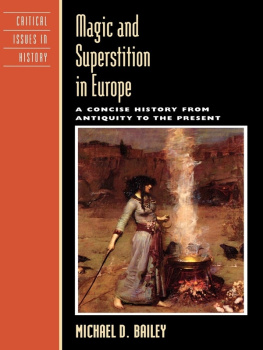
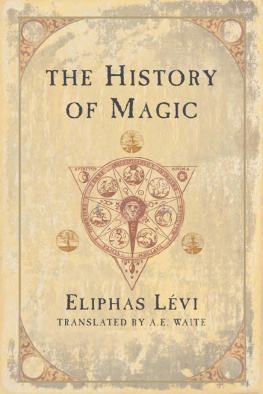




 CLASSICS
CLASSICS